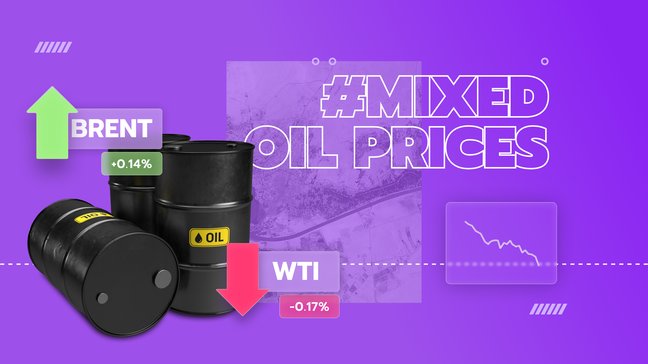The Tuesday trading session opened up with mixed oil prices. Brent was traded at $78.06 per barrel (0.14% higher) while US WTI slipped by 0.17% and traded at $72.35 per barrel.
The situation occurred after oil tankers refused to pass the Red Sea due to the risk of Iran-backed militant attacks. Transporting companies have to deal with disrupted international shipping routes. Several commercial ships were under a series of drone attacks while passing through the Red Sea routes.
To avoid losses, major transporters like Maersk and Evergreen decided to suspend their ships’ traveling through the risky region. Other shipping and oil giants like BP Oil joined the initiative of pausing transportation through the Suez Canal. The situation triggered the global energy market turbulence, as 9% of the overall oil demand passed through the Red Sea.
Analysts say Brent appeared to be extremely sensitive to the price disruption. The asset was traded 0.14% higher this Tuesday. Meanwhile, experts believe other commodities may experience a spillover effect involving assets like coffee, palm oil, soybeans, and nickel. 12% of all non-oil commodities are transported through the Suez Canal as well.
According to Goldman Sachs experts, the disruption effect is unlikely to last long and largely affects LNG or crude oil prices. Shipping companies are working out alternative routes that will prevent production from being directly affected by the situation.
Besides, the US has already announced the launch of an international maritime campaign to handle the situation in the Red Sea. The UK, Canada, Spain, Norway, and some other countries already joined the security initiative.
May the trading luck be with you!




